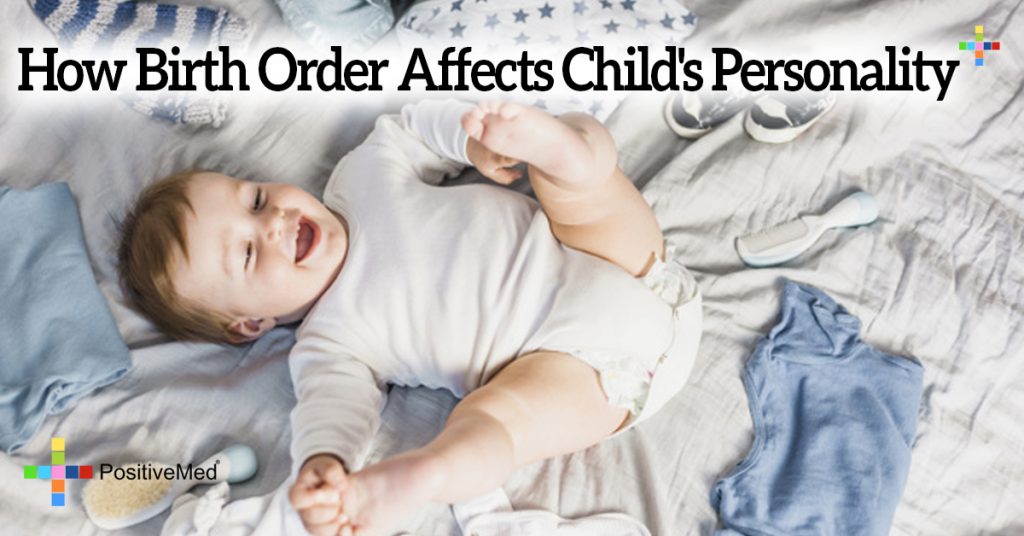
How Birth Order Affects Child’s Personality
[nextpage title=”…”]
Everyone on earth is a different individual with different personality. There are many factors that play significant roles making us what we eventually become. Traditional families often wish to have more than one child. Apart from genes and personality traits of the parents the order of children is important in shaping personality. The order of children also influences the relationship they share with their siblings. Sibling relationships is a subject that receives less attention than any other relationship. Today’s article will discuss how birth order helps shape personality.
The first child is always special for both parents and gets the utmost care and love. Various studies suggest that firstborn children are intelligent, devoted, and dependable. They are often found choosing professions that require devotion and commitment like the medical profession. Parents are often found seeking help from the elder child in caring for younger siblings. This makes them more responsible and dependable. Experts believe that since the first child gets to do everything for themselves they become more responsible. The second child often gets help from their elder sibling in almost everything they do. The youngest child is often the most demanding one. When they come into the family, everyone finds them cute and they get a lot of attention from parents. Parents are often seen making decisions in favor of the younger child in sibling disputes.

As the first child enjoys the sole love and attention of the parents for some time, the arrival of the second child impacts their behavior. Some elder children find it difficult to share the love of their parents with the second born and sibling rivalry develops. After the birth of the second child, the firstborn often displays attention-seeking behaviors like unnecessary crying or naughtiness.
Experts say all parents try to give their children equal amount of love and attention but adhering to this is practically impossible. There are various ways birth order influences personality.
[/nextpage] [nextpage title=”…”]
Studies have found that firstborn children have better intelligence quotient and are often staunch believers in perfection. Second babies are more outgoing and open to change. Experts say the reason for better scores of second children is the experience gained by parents raising the eldest child.
Middle children are often found taking things easy as they do not have much pressure from their parents to do anything. They often complain when they have to wear clothes from their elder siblings or are compared to them. They remain calm and sometimes act as a bridge between the youngest and eldest sibling.

The time difference between births of children also impacts personality. When the difference between the births of two children is longer the elder sibling often develops feelings of jealousy and rivalry. Experts suggest the adequate difference between two children should be around 3 years. This much time makes the body of the mother ready for the next birth and the elder sibling starts understanding things. Accepting the younger sibling is also easier in the initial 2-3 years. Once the difference between births increases, it becomes difficult for the elder sibling to accept the younger one.
The above mentioned views are generalized and there will be exceptions to them. Studies are ongoing into this area of personality.
[/nextpage]





